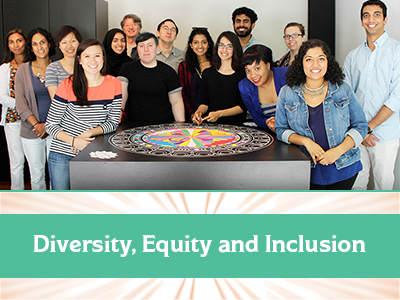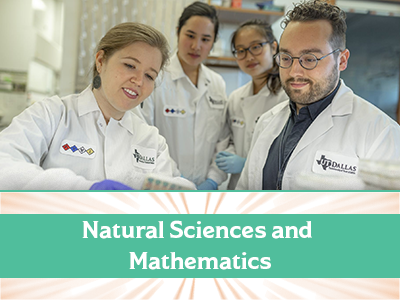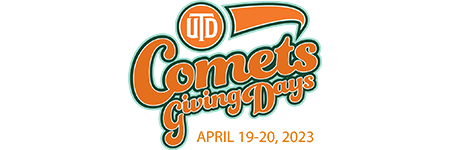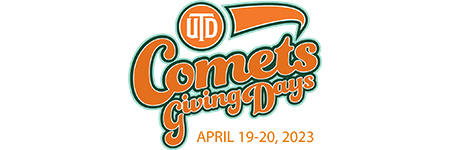What is the Comet Cupboard?
The Comet Cupboard food pantry, an on-campus student-led initiative, began operations in 2012 and is dedicated to helping students in need achieve academic success by alleviating their food insecurity challenges. Additionally, undergraduate Comets are able to engage in volunteerism and leadership with The Comet Cupboard as a service-learning experience that helps students value community over individualism.
Here are some quick facts about the Comet Cupboard (Including its response to the Covid-19 pandemic)
- Prior to the Covid-19 pandemic, over 1,500 students used the Comet Cupboard over 5,000 times during the Fall 2019 and Spring 2020 semesters.
- During the Covid-19 pandemic, the Comet Cupboard team, with the help of amazing staff volunteers, have issued over 9,200 emergency food and personal care distributions
- Since then, the Comet Cupboard has seen its user base to grow to nearly 900 unique student users every month
- The Comet Cupboard typically engages around 300 undergraduate student volunteers per year in a variety of service and leadership roles.
- In addition to distributing both perishable and non-perishable food items to Comets in need, the Comet Cupboard also provides personal care and necessary household items.
- The Comet Cupboard relies SOLELY on donations from individuals who share the common goal of eliminating food insecurity on the UT Dallas campus. #hungerfreeutd
What is the relationship between Food Insecurity and College Students?
UTD conducted its basic needs survey in Fall 2022, and the results were astonishing.
Among UTD students:
- 33.1% sometimes worried about their food running out before they could afford to purchase more food
- 35.1% could not afford balanced meals sometimes
- 28.4% of individuals who rely on UTD students for their needs could not afford to eat enough food, whether that be children, siblings, or parents.
- 27% skipped or cut meals, and of these students, 31.7% skip or cut meals more than 5 times in a month
- 25.8% ate less than they should because they couldn’t afford to buy more food
- 22% were hungry but didn’t eat because they didn’t have enough money
- 45.1% said that a nearby mobile food pantry would be helpful
Food insecurity compromises a student’s ability to achieve academic success. According to college students surveyed in the College and University Food Bank Alliance’s Hunger on Campus study, 53% report missing a class, 55% did not buy a required textbook, and 25% dropped a class because of hunger or housing problems.
We value each student and want to ensure they have their essential needs met in order to achieve their full potential during their academic journey. Please join us to continue the mission of feeding hungry Comets. Let’s create a #hungerfreeUTD!


















